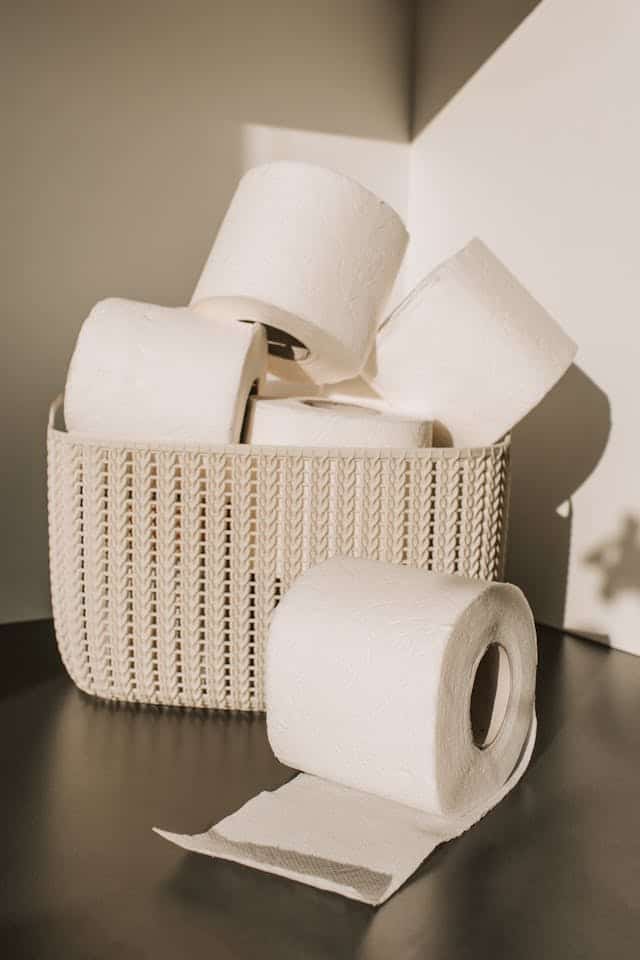Can I pray if I am incontinent? Is my prayer valid if I felt drops of urine fall during salah?

What is the ruling for the one who has a sensation that they have emitted drops of urine during their salah?
Firstly, salah is invalidated by the emission of urine, whether it is one drop or more because it breaks your wudu and nullifies your salah. If you are praying and emit drops of urine, your prayer is invalid, you need to remove the soiled garments, and clean the urine from your clothes, clean the area, repeat your wudu, and repeat the salah.
If this becomes an ongoing problem, you have to establish whether you are incontinent. You can visit a specialist/ doctor, and you can do exercises to improve the function of your pelvic muscles, which control the bladder.
Are you incontinent?
In order to establish you are incontinent there should be no opportunity between two salahs for you to pray without urine coming out. eg every few minutes you emit urine. There is not enough time for you to pray. Then you are considered ‘a person of excuse’
In order to establish you are incontinent there should be no opportunity between two salahs eg. dhuhr and asr, for you to do wudu and pray without urine coming out. e.g. every few minutes you emit urine, so there is not enough time for you to pray with full purity. If this is the case, you are considered ‘a person of excuse’ ashabul a’dhaar. This also applies in the case of faeces or wind or continuous blood from an injury:
1. Involuntary nature: You are unable to control the discharge of urine.
2. Frequency: The discharge must be frequent or continuous, occurring most of the time or at least once during each prayer time.
3. Certainty: You need to be certain that you are experiencing incontinence. This can be determined based on medical diagnosis or clear and consistent symptoms.
If you experience these features, you are considered to be legally incontinent in Islam. You are considered ma’zur – having a valid excuse to perform salah in a modified manner as set out below.
How to pray with urinary incontinence
If you have urinary incontinence, how do you pray?
Once it is time for salah, wash the area, apply a dressing so that any urine does not spread, and then make a wudu and pray straightaway. If any urine exits during the salah, it will not nullify the salah. Your wudu is considered valid for the duration of the salah, and any sunnah/nawafil prayers until the next salah. Then you should repeat this process at the next salah time.
If you experience a discharge other than urine if their excuse if for urinary incontinence, for instance blood from your nostrils, wounds, or faeces or wind your wudu is nullified.
Further conditions
Once a person is chronically excused, they can take the dispensation to pray in this manner as long as the excuse occurs at least once in each prayer time.
However, if a person’s condition improves, such that they can last an entire prayer time without a single occurrence, they are no longer legally excused. Their prayer would now be invalidated by the emission of urine during salah, as normal.
If the person can pray without emitting urine in another position, such as being seated, then they must pray in that manner until they are no longer considered among those with excuses.
The scholar al-Hasakafi al-Hanafi said in “Al-Durr al-Mukhtar”:
A person with an excuse is someone who has urinary incontinence, cannot hold in their urine, or suffers from diarrhoea, passing wind, discharge from the eyes, wounds, or bleeding. Also, anyone experiencing pain, even if it’s from the ears, chest, or navel, as long as their excuse lasts throughout the entire time of a obligatory prayer, such that they cannot find a time within that period to perform ablution and pray without being in a state of ritual impurity, even if temporarily.
It is also stated that if one performs wudu after sunrise, even for the Eid or Duha prayer, it only becomes invalid when the time for Dhuhr prayer ends.
If the impurity affects a cloth less than a Dirham’s worth, it is permissible not to wash it.
Shaykh Haytham Tamim
- The forces of Allah and the fate of the falsifiers
- Climbing the stairs: How to continue your spiritual journey post-Ramadan
- How Allah strengthens the hearts of believers
- Why should you follow up one good action with another one?
- Don’t be a Ramadani person – Be a Rabbani person.
Recommended Posts

When can you fast after Eid?
April 07, 2024

Is it permissible to take out a student loan?
April 02, 2024

